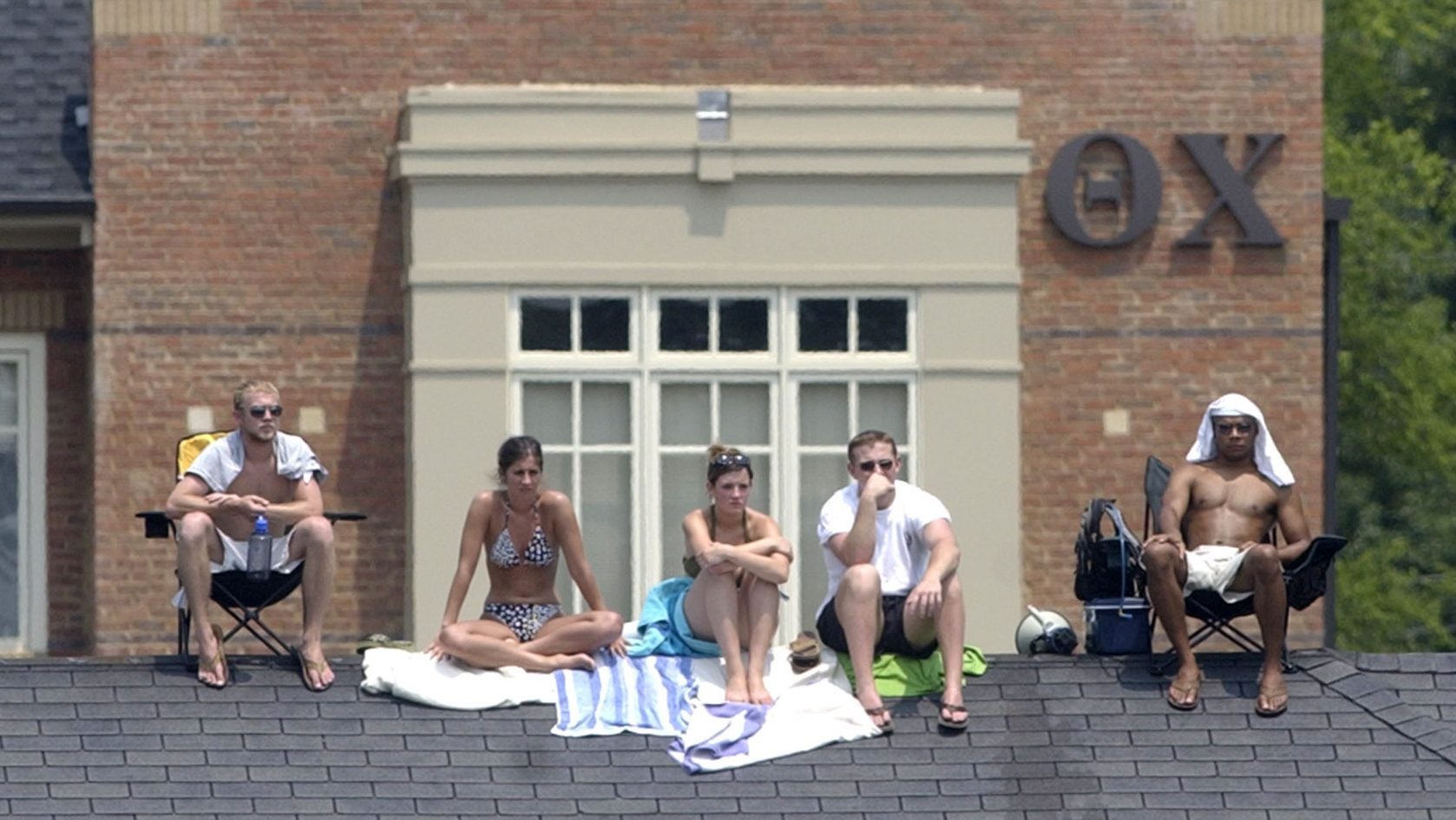Joining a fraternity makes your grades worse and your future paychecks bigger
Here is a simple three-step plan to boost your lifetime earnings. First, be a man. Second, go to college. Third, join a fraternity.


Here is a simple three-step plan to boost your lifetime earnings. First, be a man. Second, go to college. Third, join a fraternity.
The first two are established by decades of demographic and social science research. Evidence for the last step comes from a small study from researchers at Union College in upstate New York. The researchers examined data from a 2009 survey of alumni of an unnamed liberal arts college in the US northeast, focusing on the subset of 1,667 male graduates under the age of 65 and employed full-time.
The researchers found that men who reported being in a fraternity had slightly lower grades than their non-Greek peers, by an average of 0.25 points on the 4.0 grade-point scale. But the drop in academic performance didn’t hurt their long-term earnings. In fact, it was the opposite: fraternity members earned 36% more in the roughly 40 years the survey covered than non-Greek members did.
In the long run, the networking benefits of being in a fraternity outweigh the hit a male college student takes to his academic record when he joins a frat, the researchers concluded. The study considered the effect of sororities as well, but did not find a significant relationship between sorority membership and grades or income.
Though the college from which the survey participants were drawn was not named, it matches the demographics of Union College (and the paper began as the undergraduate thesis of Union grad Jack Mara). In any case, the study paints a pretty clear picture of the demographics of the unnamed college: 57% of survey respondents said they’d been in a fraternity, compared with 46% of the college’s total male alumni during that period, according to data from the Integrated Postsecondary Education Data System. In addition, 93% of respondents were white, compared with 87% of the general student population, according to IPEDS data.
Hiring managers are drawn to job applicants who remind them of themselves, research has found. Relevant work experience and skills are good, obviously, but those on the decision-making side of the desk are often compelled, consciously or not, to go with the candidate whose social and cultural background is most similar to their own. It’s a form of bias that keeps organizations homogenous and prevents under-represented groups, most often women and people of color, from ascending the leadership ranks.
The system needs to change. But for the predominantly white and privileged boys it served, the boys’ club sure has worked well.